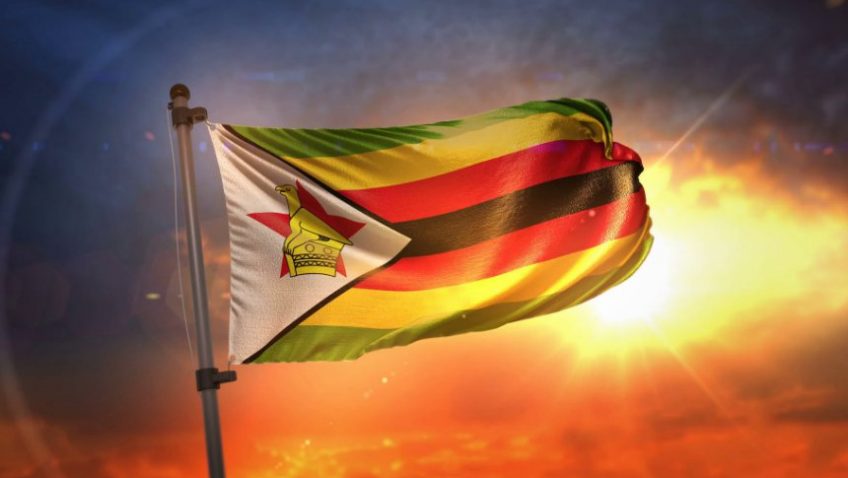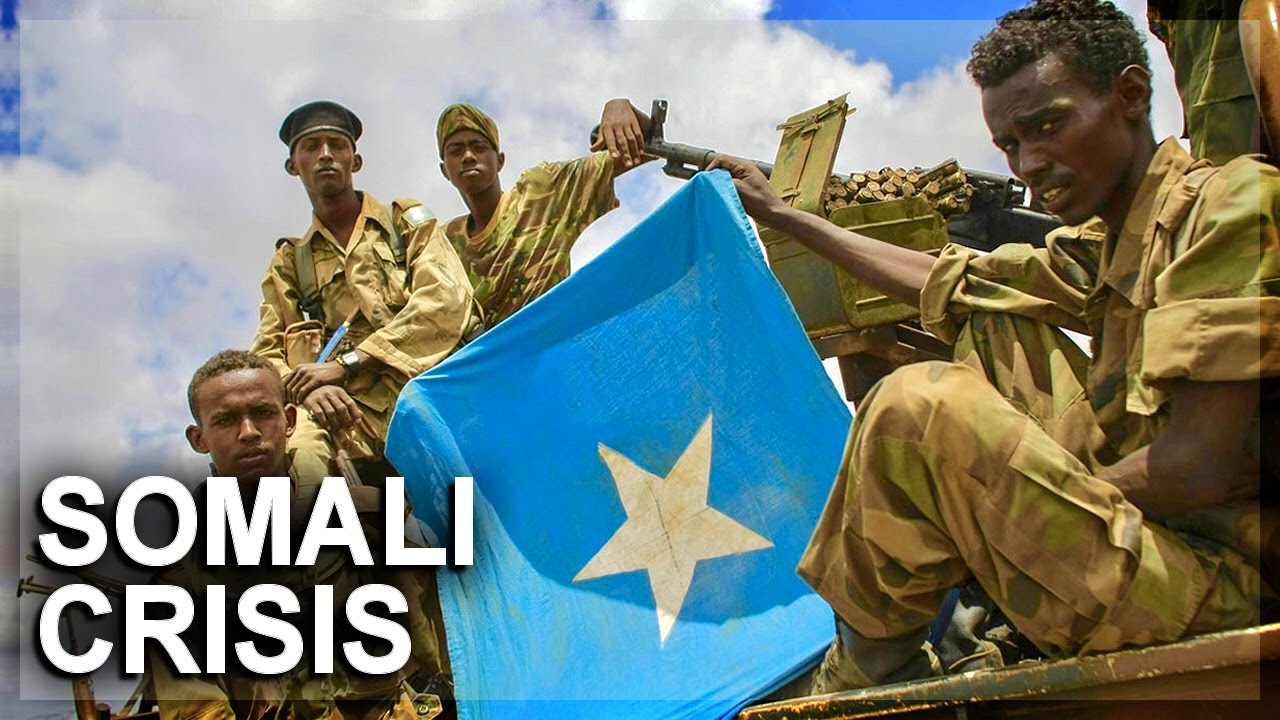A year was enough for the situation to change radically in Zimbabwe. But it will take more than an election to make a fresh start.
Zimbabwe has been through radical changes within less than a year. President Robert Mugabe decided to resign in November 2017 after 38 years of oppressive and chaotic rule. His former right arm Emmerson Mnangagwa who had replaced him after an obscure coup had to compete in the general elections on July 30th 2018. As expected he won and thus ensured his position as President for the next five years. But he has countless crises to deal with and a lot of criticism to face. In other words he does not bring a lot of confidence to Zimbabwe, which is in an extremely delicate situation after Mugabe’s regime.
Even though Mr Mugabe is out, the ruling party was by no means removed from power. The Zimbabwe African National Union-Patriotic Front (Zanu-PF) is still dominating the political landscape and should now enter its fifth decade of ruling. Zanu-PF is carrying the image of an oppressing and highly corrupted party, an image that Mr Mnangagwa is trying hard to detach himself from. However the recent election is far from reassuring the public opinion about the nature of the new regime. The latter made an effort to invite international observers to control the ballot. But these observers reported unfair procedures and violences perpetrated by the authorities.
The opposition candidate Nelson Chamisa claimed to have won the election and condemned a fraud organised by the ruling party. The reaction of the government was the interruption of Mr Chamisa’s press conference and the arrest of fifteen members of the MDC on August 3rd. However, Mr Chamisa did not give up and publicly announced on August 9th that the MDC would contest the outcome of the election and bring the case to the Constitutional Court. It is an encouraging initiative but it is very unlikely to be efficient. The judiciary power in Zimbabwe is known for being biased and most of the judges are controlled by the Zanu-PF. Therefore Mr Chamisa’s legal procedures are likely to fail and Zimbabwe will probably have to face five more consecutive years of Zanu-PF’s rule.
However it is crucial for the country that a wind of change blows over the national governance. Such a situation cannot go on as 75 percent of the population lives below the poverty line and 90 percent of the labour force is unemployed. The government has been overspending over the last months to guarantee the success of the election. And yet the economic potential of Zimbabwe is obvious. The country can rely on its tremendous reserves of platinum, lithium and gold, as well as on its thousands of acres of croplands. At least Mr Mnangagwa did not follow the South African example and immediately stopped in December the policy of expropriation of the white farmers initiated by Mr Mugabe. The country needs experienced workers to stimulate the economy.
But what Zimbabwe needs the most is help from outside. Mugabe’s term has chased foreign investors away and that must change. For now Mr Mnangagwa has Great Britain’s support and the efforts must be pursued. At the moment China is substantially increasing its investments in Africa and the Chinese President Xi Jinping just came back from a big tour through the continent. He is focusing on the most attractive countries and Zimbabwe must not miss the boat. On August 8th Mr Jinping congratulated Mr Mnangagwa for his victory. But the next step will be the Forum on China-African Cooperation in September in Beijing. This summit can be the starting point of a new era for Zimbabwe.
A turning point not to miss for Zimbabwe
A year was enough for the situation to change radically in Zimbabwe. But it will take more than an election to make a fresh start. Zimbabwe has been through radical changes within less than a year. President Robert Mugabe decided to resign in November 2017 after 38 years of oppressive and chaotic rule. His former […]







